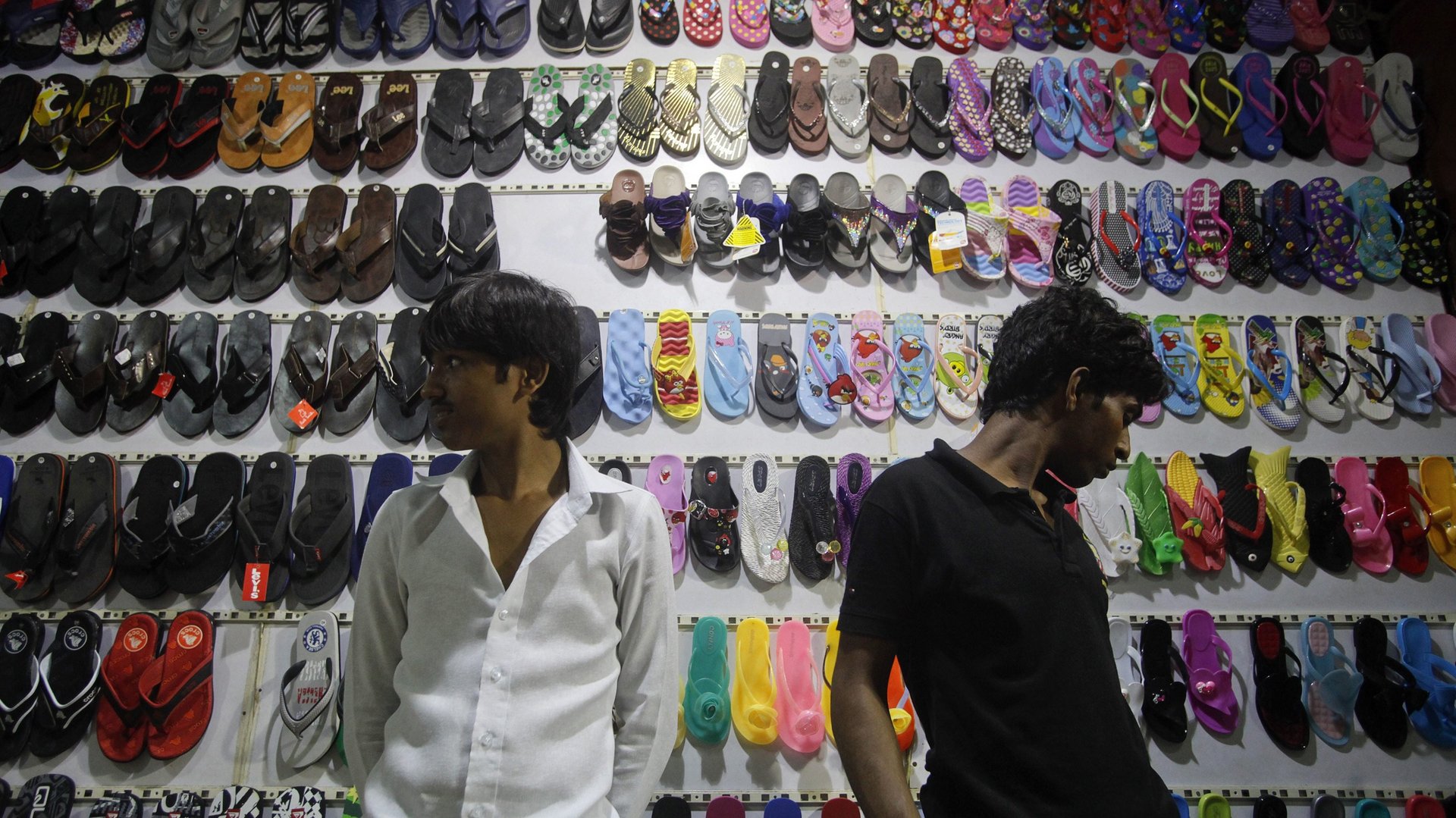Club Factory’s breakout growth in India has squeezed rival e-commerce players
A Chinese e-commerce player is giving its rivals in India a run for their money.


A Chinese e-commerce player is giving its rivals in India a run for their money.
Hangzhou-based Club Factory has been rapidly cutting into the market share of competitors Flipkart, Snapdeal, and OLX, data intelligence firm Apptopia has found.
The company clocked a 303% year-on-year growth in net new users globally in the last quarter of 2019, Apptopia data show. It had an average of 42.5 million monthly active users in the period, the Boston-based firm estimates.
India is likely a major contributor to the jump since the country is its largest market.
As of Jan. 24, Club Factory, which entered India in 2016, had over 100 million monthly active users in the country. In a bid to take a big bite out of India’s $120 billion (Rs8.5 lakh crore) e-commerce pie, it processes 25,000 orders daily—well above the 10,000 orders its Chinese competitors Shein and AliExpress fulfil.
Its local seller base is breaching the 30,000-mark and, in 2020, it plans to onboard another 100,000 sellers. “Club Factory is the only e-commerce player in India that does not charge any commission fee from sellers, which essentially means that sellers can achieve 20-30% cost savings when selling on our platform,” founder and CEO Vincent Lou said in an interview with YourStory last November.
However, it has hit a few snags along the way.
The Indian government started cracking down on Chinese crossborder e-commerce firms for using the “gift” route to import goods worth less than Rs5,000. These items are sourced as personal gifts to avoid paying customs duty. Starting December 2019, new rules curb all such imports except life-saving items and rakhis.
However, Club Factory has found a workaround: It reportedly began bulk imports from China under its Indian entity Globemax Technology Private Limited and now sells imported goods to a handful of domestic sellers, who are mainly controlled or managed by the platform itself.
Issues of counterfeits and illicit products persist still. Earlier this month, Club Factory was accused of selling drugs without prescription. The company said it was working to weed out such sales.
Customers complaints about fake goods, poor interface, false marketing, and lack of responsiveness also routinely flood its reviews on the App store.